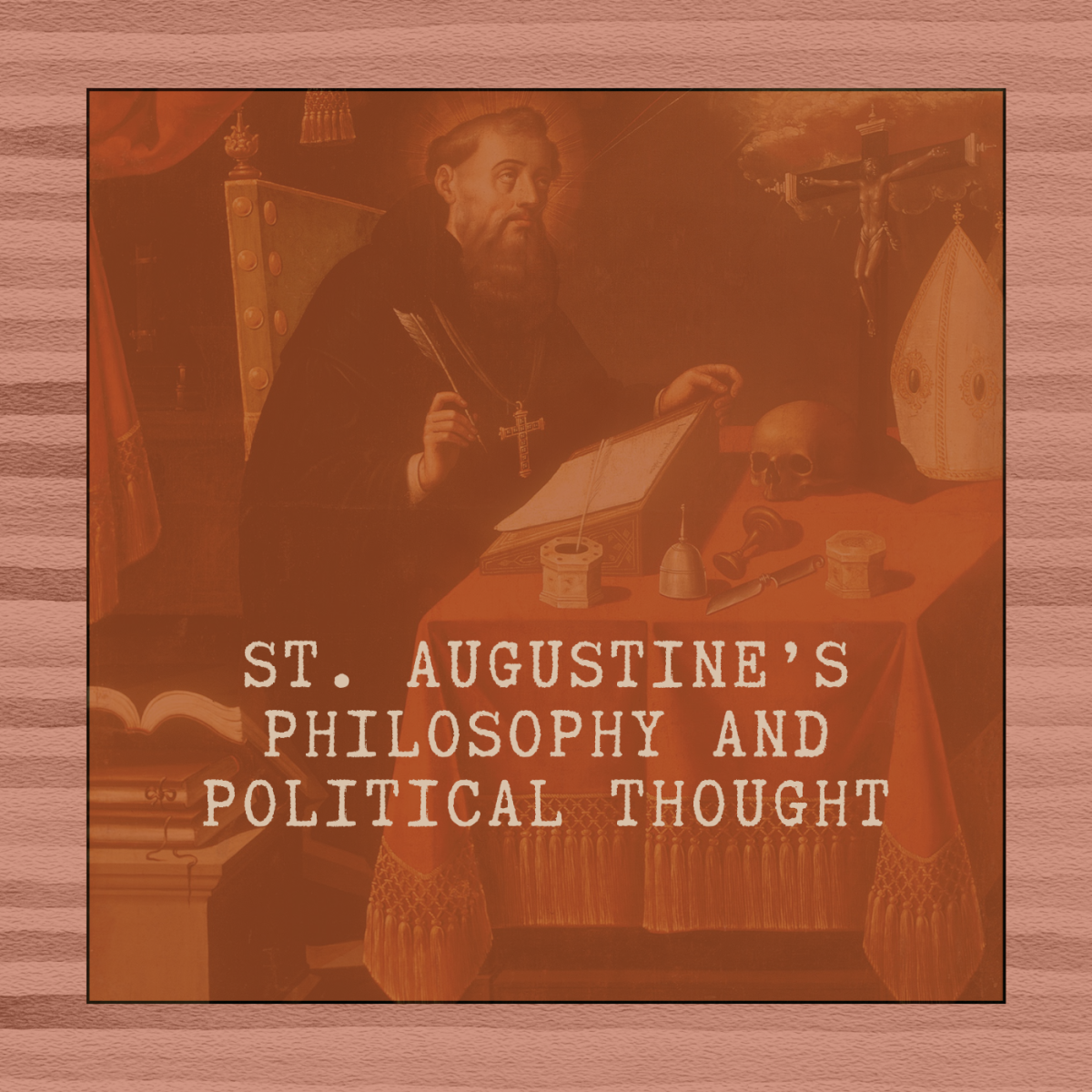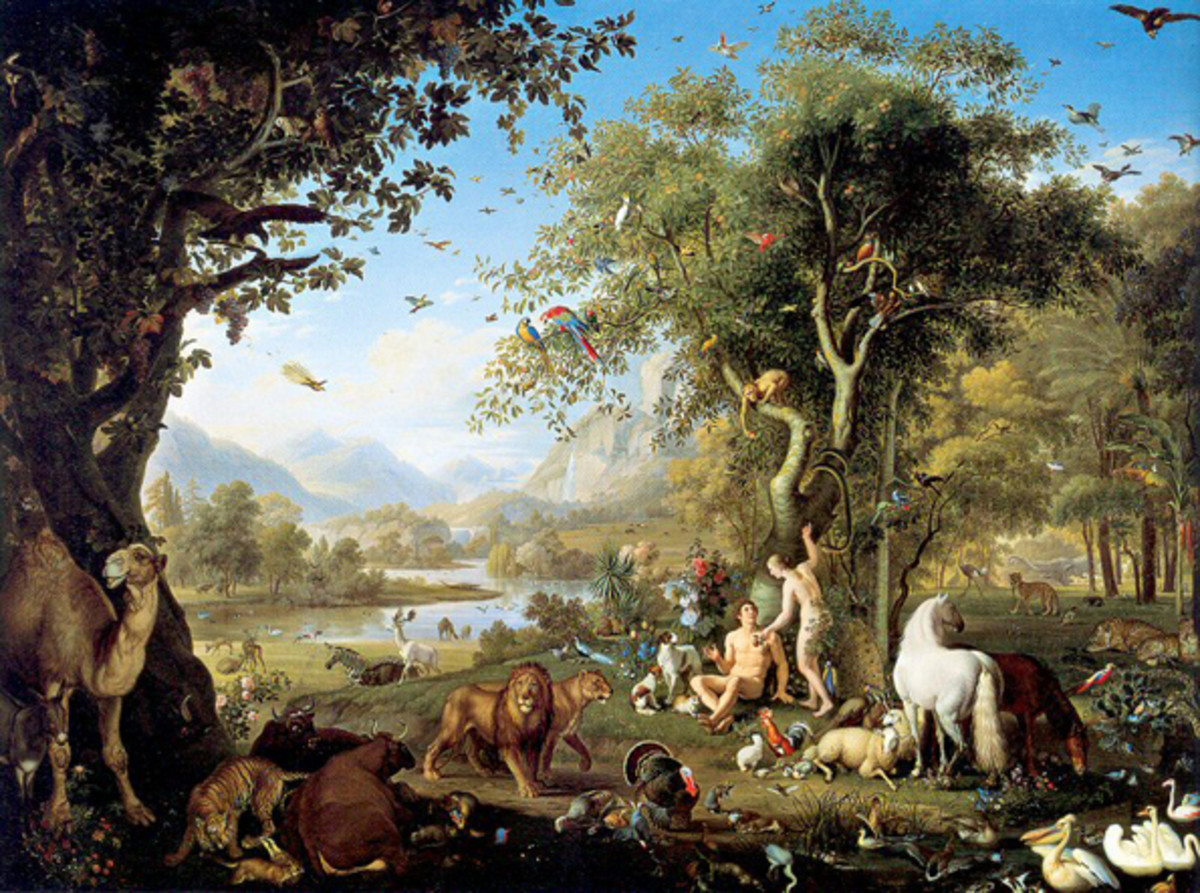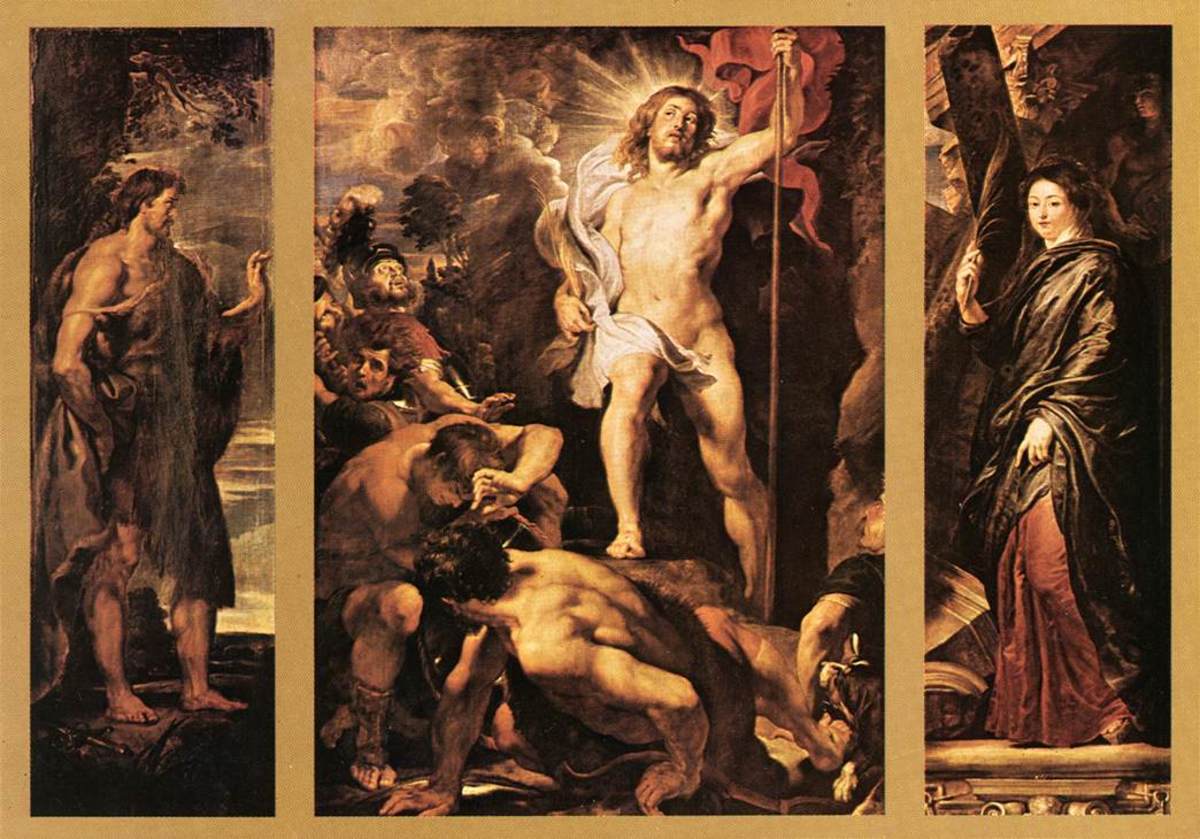Saint Augustine's Confessions: Mystery Of Memory in Book X - Ideas for Thought
Mystery of Memory in Augustine's Confessions: Book X
Memory is a mysterious power, but one that is necessary for fully understanding oneself, as well as God. According to Saint Augustine, memory must be experienced through physical senses, though it itself has no physical properties. Augustine also believes that God was found in the memory, and that without memory, one cannot experience the truly divine nature of God. This concept is important for Christianity as a whole because it allows Christian thinkers to better understand their own faith. More specifically, it introduces them to a new aspect of their relationship with God that might have previously been overlooked because of sinful worldly desires.
Through close examination of Book X in Augustine's Confessions, one can come to the conclucsion that, according to Augustine himself, memory is substantially important in understanding oneself, as well as the Christian tradition. One's memory can be thought of as the recalling of one's past experiences and also what exactly one has learned throughout life. Augustine states that memory is an "awe-inspiring mystery...a power of profound and infinite multiplicity" (Augustine 194). Everything is withheld in the memory. Without memory, intelligence is non-existent. Knowledge of anything is understood through memory. For example, Augustine describes the idea of happiness, and how even that is determined individually through one's memory. Each person strives to be happy; however, each person also has his own idea as to what happiness ultimately is. The only way to achieve happiness, in Augustine's viewpoint, is to devote oneself fully to God. "That is the authentic happy life, to set ones joy on you, grounded in you and caused by you. That is the real thing, and there is no other" (Augustine 198). Augustine states that anyone devoting their time and energy to pursue a happiness that does not involve God is automatically traveling down the "wrong" path. Such are the trials and tribulations of being a Christian in this sinful world.

This is the version of Confessions that I own
According to Augustine, understanding the greatness of memory stems directly from each of the five spiritual senses. "Memory preserves in distinct particulars and general categories all the perceptions which have penetrated, each by its own route of entry" (Augustine 186). Each one of an individual's senses creates memories that are stored as "images" in the mind. All sounds enter the memory through the sense of hearing; all colors and light enter through the sense of sight; all odors enter through the sense of smell; all tastes enter through the mouth or the sense of taste; all sensations involving an object or a beings physical feling enter through the sense of touch. Through each of the five senses, humans are able to choose preferences, which are also stored in one's memory. "These actions are inward, in the vast hall of my memory. There sky, land , and sea are available to me together with all the sensations I have been able to experience in them, except for those which I have forgotten" (186). Augustine explains how the conclusions he has drawn about life, regardless of how trivial they may be, are all contained within his memory along with his actual life experiences.
Once one has gained a better understanding of what memory is, one can begin trying to understand how memory influences the Christian tradition. Augustine questions God himself, asking: "Where did I find you to be able to learn about you?" (201). Augustine struggles with where to find the Lord in his own memory. He concludes that God is located in the memory where the individual first leanred of Him. Similar to Plato, Augustine believes that learning can be described as bringing to the conscience mind something that is already present. The way ideas are held in the memory is the same way in which those ideas were learned.
According to Augustine, God cannot be found outside of the mind. Through searching the external "material" world for God, Augustine finds no answers. Since the goal of all Christians is to understand God in order to become closer with Him, Augustine strives to not take any delight in external pleasures. most of the "pleasures" that Augustine is conflicted with are also pleasures that the common Christian is conflicted with. These pleasures can be seen through each of the five senses. In Book X, the issue that troubles Augustine repeatedly is gluttony. He claims that within himself, there is an uncontrollable desire to eat and dink things that will pleasure his sense of taste. Furthermore, every time he strays from the "right" path, God is always there to show him the way. "I am pitifully captured by them, and in our pity you rescue me, sometimes without me realizing it because I had suffered only a light fall, and sometimes with a painful wrench because I became deeply involved" (210). Understanding this is an important part of being a Christian. Humans are not without sin, and yes, they make mistakes. Augustine has no problem admitting his mistakes and where he himself falls short of living in the image of God. He attempts to explain sin through human curiosity and says that "Pleasure pursues beautiful objects...the motive behind curiosity is seeing what these experiences are like" (211). All human beings are curious. For a Christian, this can explain why it seems easy to Sin. For Augustine, the answer is to be able to distinguish between curiosity on an intellectual level and the many meaningless curiosities that exist.
Ultimately, Augustine wrote Confessions with the Christian thinker in mind. Book X shows Augustine turning from his own memories of the past, including his "confessions", to the pure mystery of memory within himself, as well as within all other Christians and humans alike. Through reviewing his own memory, and the inner-mystery of memory itself, Augustine seeks to show how Christians find God. Once this was accomplished, he decided to analyse his own desire to be a glutton, in turn showing how temptations affect both the flesh, and the soul. Through this analysis, a Christian thinker can finally understand why it was necessary for the mediator between God and man, Jesus Christ, to be fully human and fully divine.
Works Cited
Augustine, Saint. Confessions. Oxford University Press, Print.
More Hub's by LeisureLife !
- Religious Myth and Structure and the Understanding of the World
Religion has been a part of most societies since those as early as the Neolithic period and perhaps for even longer. Religion has many qualities which capture the interest of human beings, such as its power to... - The Baroque Period of Music 1600-1750 European Classical Time Period
When considering the many periods of music which have existed throughout history, it is obvious that many periods have made long lasting contributions to music overall. However, the Baroque period is the... - Gamelan Ensemble Percussion Based Music Style - Bali
Gamelan is an Indonesian word for ensemble or orchestra. Usually the term Gamelan is used in relation to percussion-based musical ensembles in Bali, Java, and other Indonesian islands. A... - Leaving Home for the First Time Parent vs. Child Perspectives
There comes a point in every childs life where he or she must leave the nest. This experience can be one of excitement and fear for both the child and the parents alike. There are both positive and negative... - The Perfect Tree (A Christmas Essay) Tradition
It is cold outside. A winter coat, snow pants, and gloves are not enough to keep me warm. I don't care. This is the day Ive been waiting for since Thanksgiving. As December 25 draws near, anticipation of...










